University research is an integral component of overall R&D worldwide. In the United States, academic institutions perform about half of all U.S. basic research and 10-15% of total U.S. R&D. As funding sources shift and the labor shortage continues, research administration offices are increasingly asked to do more with less, competing for funding while staffing levels dwindle.
In our 2022 Benchmark Report, survey participants identified increasing team efficiency and investing in new technology as top priorities for the next 12-18 months, and it’s easy to see why. Staffing constraints and inefficient processes are the top two challenges noted by research administration professionals.
There is no shortage of digital solutions on the market clamoring to help when it comes to streamlining processes and increasing administrative efficiency. But not all technologies are created equal.
If your team is evaluating research administration software as your next tech investment, make sure to ask these three questions about every software solution you consider.
Does the provider have industry experience?
Some software is so adaptable, it seems almost universal. Consider Excel, which is used across industries for a wide range of purposes, from accounting to data transfer to scheduling. And yet, as a COVID-related gaffe in 2020 made clear, Excel is not a specialty software designed to support niche use cases. There are countless software solutions on the market designed with a similar one-size-fits-all mentality, but they often have similar failings.
Finding a provider with experience in research administration is well worth the time and energy. You may not discover what a generalized tool can’t do until you’ve already bought it. Why waste valuable resources shoehorning countless customizations into your SOW when you could buy a product that does exactly what you need it to do, right off the shelf?
Another benefit to hiring software designed for research is the support you’ll receive from the implementation team. Software deployments are complicated at the best of times, and deployments run much more smoothly when the tech team is already familiar with common stumbling blocks.
Will you create or eliminate knowledge silos?
A recent survey by Stack Overflow shows that more than two-thirds of knowledge workers bump up against an information silo at least once a week—and that figure jumps up to three-quarters for managers. A major contributor is an inability to use existing tools and resources to find answers. This can easily occur with a patchwork quilt of stitched-together software platforms across departments and research stages.
It’s easy to imagine that any cloud-based software will help eliminate knowledge silos, but making your data accessible from the cloud is only one part of the solution. Stitching several different pieces of software together across the research life cycle often makes it harder to see the full journey of a project, not easier—even if they’re all cloud-based.
Look for integrative software that makes communication and data-sharing seamless. This means not having to jump in and out of email, instant messaging apps, and multiple pieces of software to find the information you’re looking for or collaborate on a project.
Does the software support the entire research life cycle?
To that end, ask potential providers whether their software supports the full research life cycle. A vast majority of our Benchmark Survey participants (80%) said they prefer leveraging one primary solution—or a primary solution with select integrations—to manage all research administration activities.
As research organizations scale, it becomes increasingly important to consolidate systems and ensure a comprehensive view of activities that helps stakeholders at all levels see the bigger picture.
Investing in full-suite software provides a wide range of advantages, including:
- One implementation process rather than many
- A single point of contact for software support
- Shared internal language around your research platform
- Seamless, scalable integration across departments and research stages
- Reduced cost over single-use alternatives
- Increased employee satisfaction and improved efficiency
Cayuse offers a full-suite research administration software platform designed with institutions like yours in mind. Request a demo to learn how our integrated software platform streamlines research administration and increases operational efficiency.


